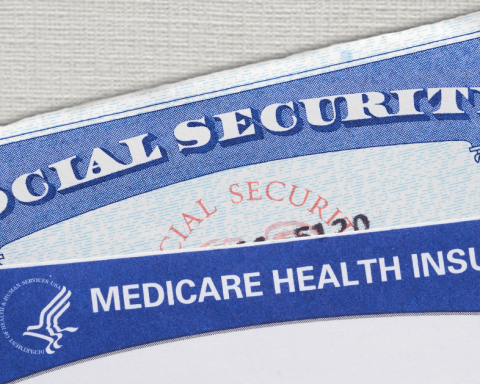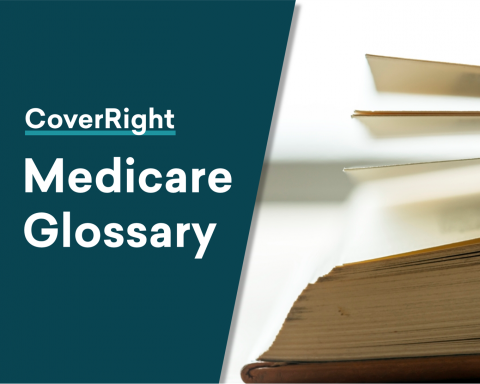Key Takeaways: Eligibility Differences: Medicare serves individuals aged 65 and above and those with qualifying disabilities, while Medicaid provides coverage based on income and state-specific requirements. Coverage and Cost Variations: Medicare includes hospital and medical coverage with premiums, while Medicaid often offers more comprehensive
MoreA nursing home, also known as a skilled nursing facility (SNF) or long-term care facility, is a residential care setting that provides
Read More »Notice of Medicare Non-Coverage (NOMNC) – Understanding Coverage Denials and Appeal Rights
The Notice of Medicare Non-Coverage (NOMNC) is an official document issued by Medicare-certified healthcare providers and suppliers to Medicare beneficiaries. It serves
Read More »In the realm of healthcare, a non-participating provider refers to a healthcare professional or facility that has not entered into a contract
Read More »In the healthcare context, a network refers to a group of healthcare providers, medical facilities, and suppliers that have entered into contracts
Read More »Medigap Open Enrollment Period – Securing Comprehensive Supplemental Coverage Hassle-Free
The Medigap Open Enrollment Period (OEP) is a crucial time for Medicare beneficiaries who wish to obtain a Medicare Supplement Insurance (Medigap)
Read More »Medigap, also known as Medicare Supplement Insurance, is a private health insurance option designed to complement Original Medicare (Part A and Part
Read More »Medicare-Certified is a designation granted to healthcare facilities, providers, and suppliers that meet the strict standards and requirements set forth by the
Read More »Medicare-Approved Amount – Understanding Medicare’s Reimbursement Rates for Covered Services
The Medicare-approved amount is a critical concept within the Medicare system that plays a pivotal role in determining how much Medicare pays
Read More »The Medicare Supplement Open Enrollment Period (Medigap Open Enrollment Period) is a crucial window of opportunity for Medicare beneficiaries who wish to
Read More »Medicare Supplement, also known as Medigap, is a type of private insurance designed to complement Original Medicare (Part A and Part B)
Read More »



